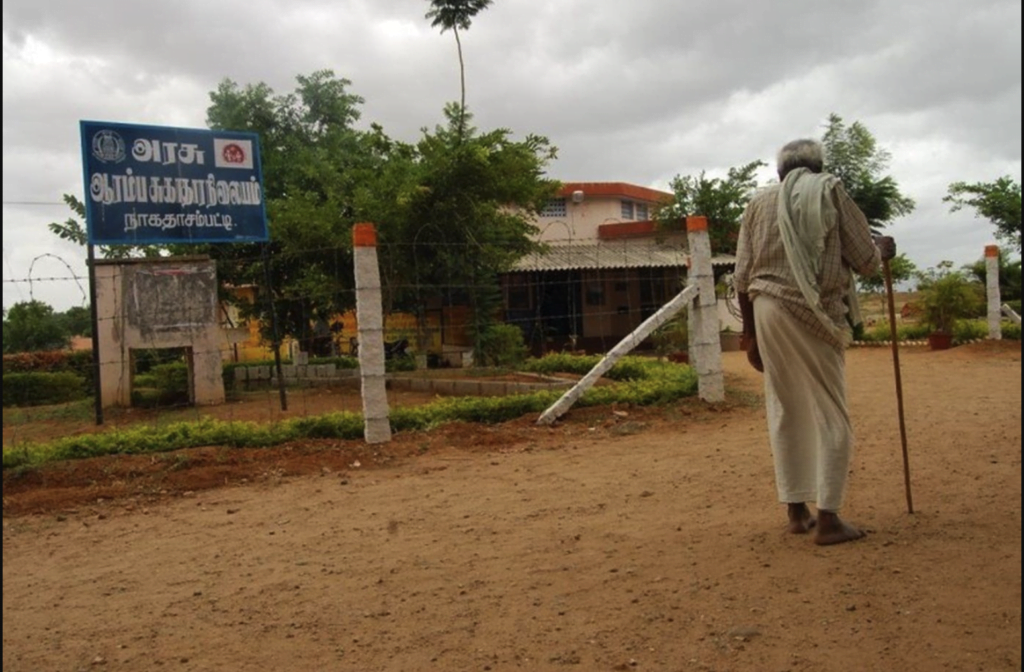Japan and Italy are tackling their ageing populations with similar yet distinct policies. But there are still some grey areas.
 Understanding and addressing the challenges posed by ageing populations can help countries effectively navigate this demographic shift. : DLKR (Unsplash) Unsplash License
Understanding and addressing the challenges posed by ageing populations can help countries effectively navigate this demographic shift. : DLKR (Unsplash) Unsplash License
Japan and Italy are tackling their ageing populations with similar yet distinct policies. But there are still some grey areas.
Japan and Italy are geographically distant and have evolved separately over the centuries, but they share several similar traits, including a rich culinary tradition, strong cultural values, breathtaking historical sites — and, more recently, an ageing population.
More than one in ten people in Japan are aged 80 or older. Beyond that, about 29 percent of its 125 million people are 65 or older, the highest in the world ahead of Italy (24.5 percent) and Finland (23.6 percent).
Japan and Italy share several common welfare systems that shed light on their evolving trajectories and the policy measures needed to address their unique situations.
Each country’s social expenditures are lowest towards people that are working age and highest towards the elderly. That means they spend less on family allowances, labour market incentives and unemployment benefits and more on pensions and healthcare.
The effects of an ageing society on the welfare systems of countries like Japan and Italy have consequences across society: the working class bears heavier family care responsibilities while receiving less social security and lower levels of income support.
Tethered to it all is substantial government debt, inflated by high public spending on ageing-related spending like healthcare and pensions that will be most felt by future generations.
After the Great Recession of the late 2000s and early 2010s, the finances of large economies have become more strained and the focus of care policies in highly ageing societies shifted from focusing on a “contribution in the past” model to a “contribution in the future” system.
Unlike childcare policies, the long-term care policies for older adults have received less attention, resulting in insufficient consideration of family caregivers and their work–care life balance.
Japan and Italy diverge significantly in their long-term care policies. Notably, they differ on long-term cash benefits. Italy outpaces Japan and fellow European Union countries in spending on long-term care recipients.
Since 2000, Japan has had a national long-term care system covered by a mandatory national insurance scheme that provides standardised in-kind services for those who need them.
Japan’s long-term care provision for its elderly is mostly a state-based, in-kind care service —reducing family caregiving responsibilities, compared to Italy. But both nations are traditionally seen as familistic welfare states, emphasising strong family bonds and solidarity.
In Italy, they rely on a cash-based public system, often complemented by an unofficial, relatively informal grey market for care providers, many of whom are immigrants without residency permits or employment contracts affording them legal protections.
So while the Japanese system ensures a standard of care for its elderly, Italy provides funds but does less to ensure the delivery of services.
Japan and Italy both have substantial gender inequalities. Men are vastly over-represented in positions of wealth and political power while women do more domestic and care work within families.
There’s a need for active information sharing, robust survey data, and comparative research within the Asia-Pacific region, considering its similarities in geography, politics, economics and demographics.
Understanding and addressing the challenges posed by ageing populations can help countries effectively navigate this demographic shift.
By 2050, many major Asian and Western nations are expected to encounter ageing populations similar to Japan and Italy. The experiences of these two nations hold significant implications for the global community.
Rie Miyazaki is a professor of social policy at Ohtsuki City College, Japan.
Prof Miyazaki’s work was supported by JSPS KAKENHI (Grant no. 18K02057).
Originally published under Creative Commons by 360info™.













